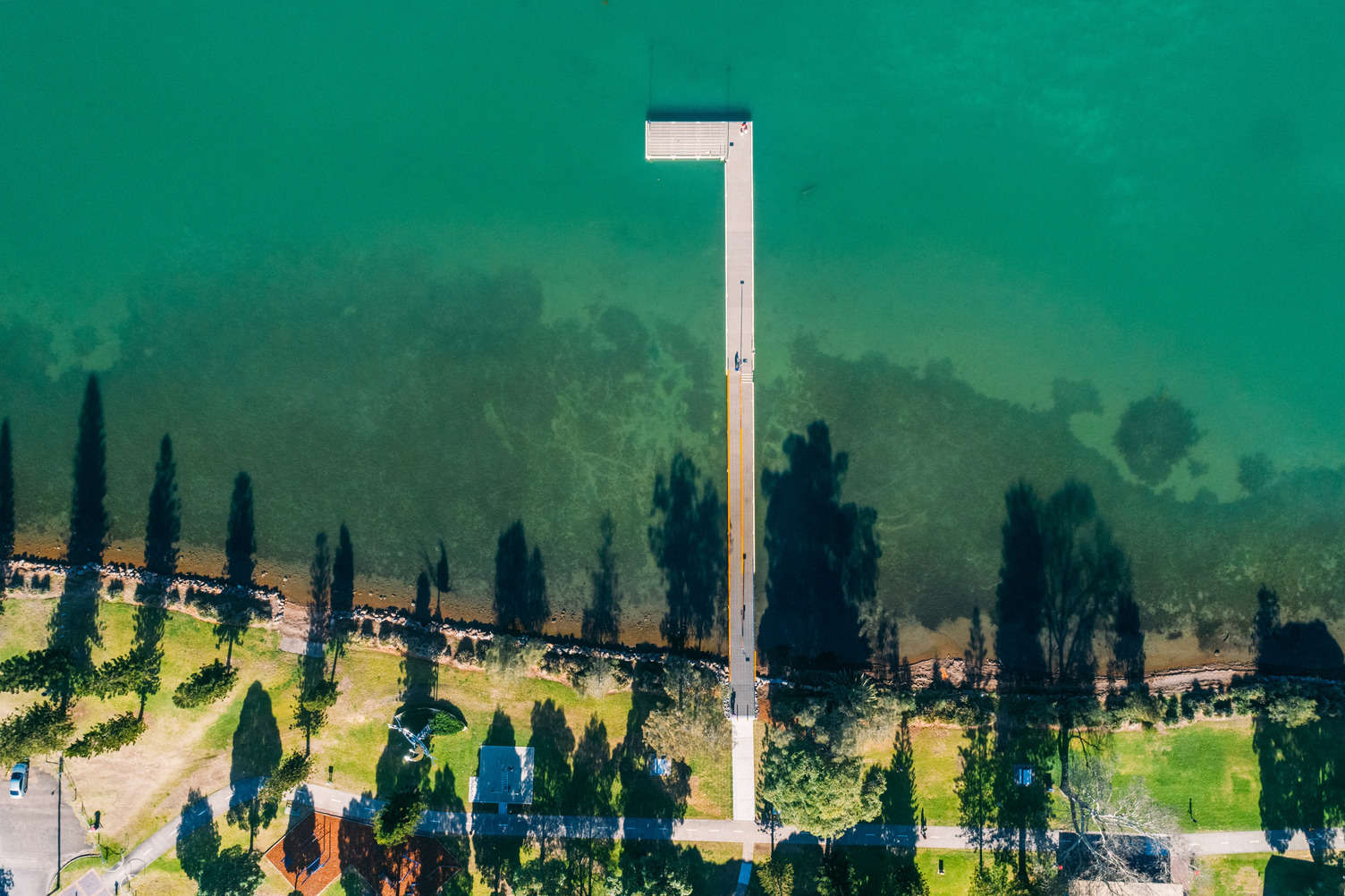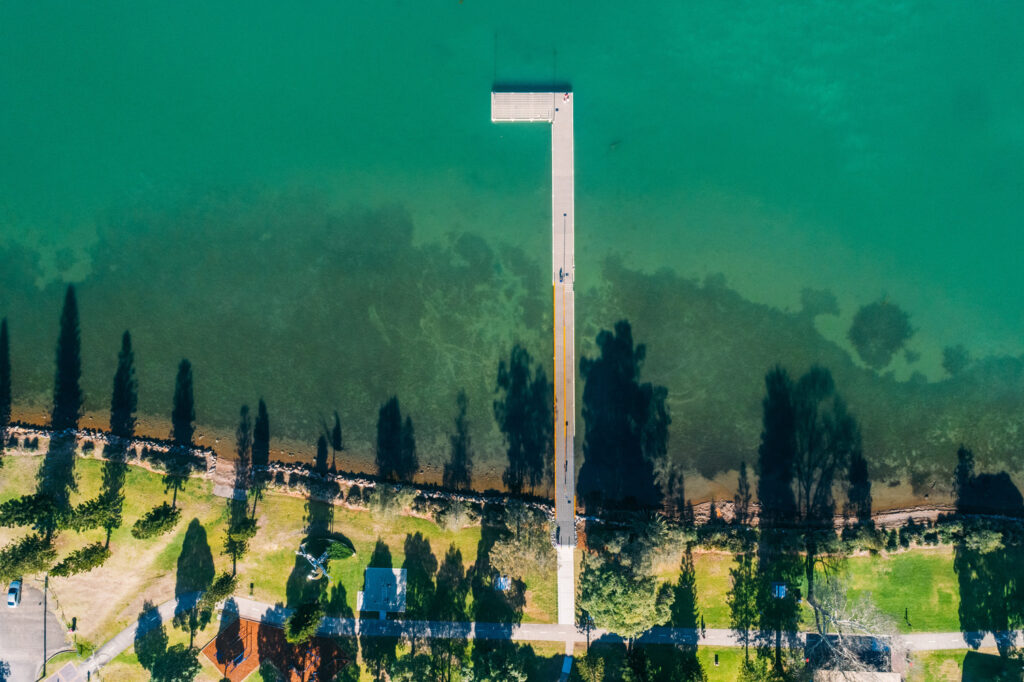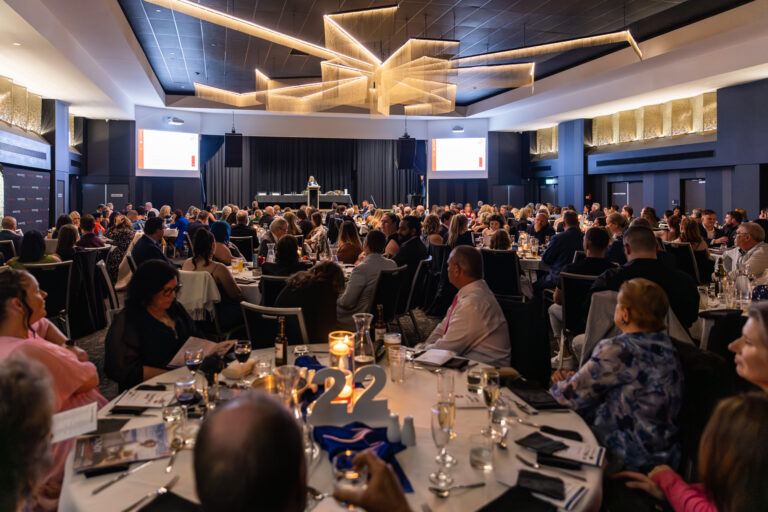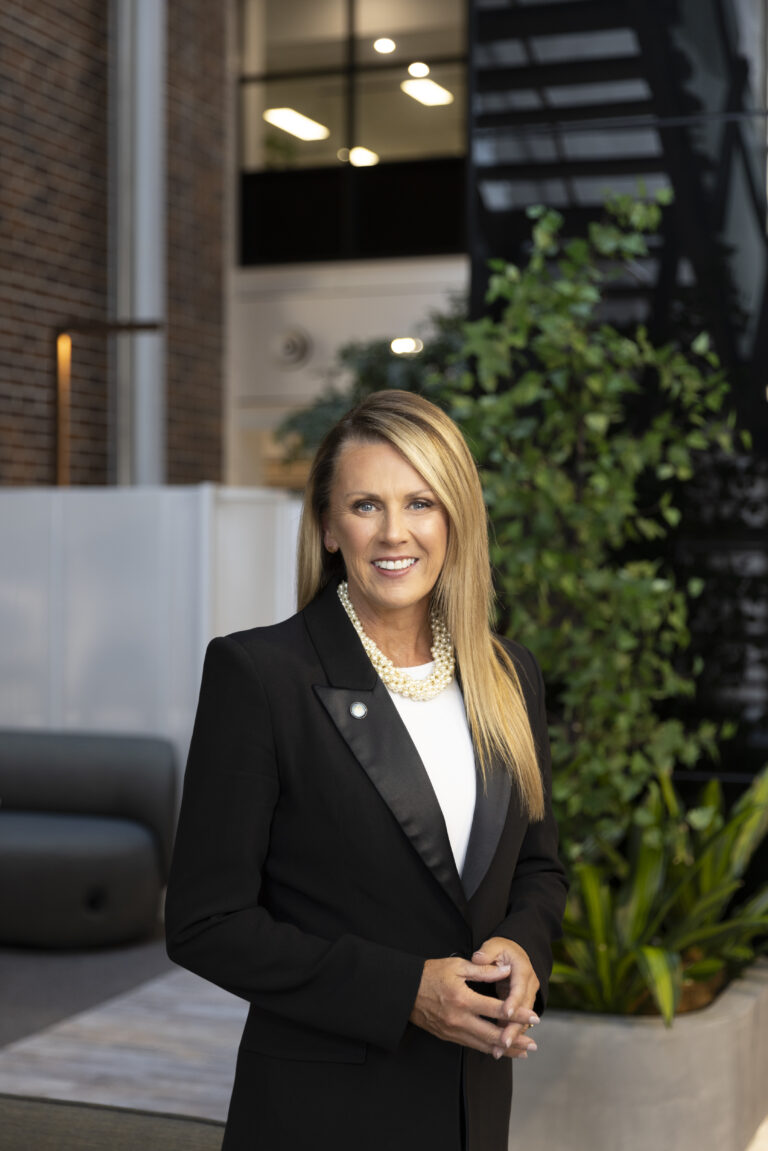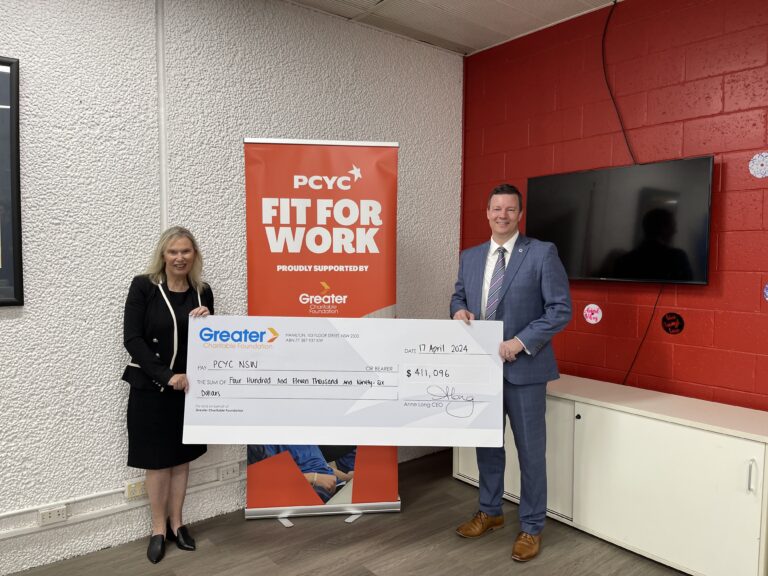The Hunter Central Coast region is increasingly seen as a proactive region and leader in driving the evolution toward a more circular economy.
The potential of the region’s circular economy has now been assessed through a City Scan, designed to help identify business opportunities and any issues or gaps that need to be addressed through further data exploration and stakeholder collaboration.
The circular economy is globally recognised as a positive approach to tackle urgent climate issues and biodiversity loss. It represents a shift away from a traditional linear model of take, make, use, and waste to a circular model where materials are kept in use for as long as possible at their highest and best use.
This presents an opportunity for the Hunter and Central Coast to attract investment, industries, and jobs helping to diversify the region while moving us toward net-zero targets.
There is an opportunity for the Hunter and Central Coast region to capitalise on its place as Australia’s most dynamic regional economy.
This City Scan is the first of its kind in Australia.
The approach was developed in the Netherlands and used in cities such as Amsterdam and Prague.
Demonstrating great regional collaboration, Lake Macquarie City Council coordinated the group of partner organisations, including the City of Newcastle, Central Coast Council, the Hunter Joint Organisation, and Go Circular.
They engaged the University of Newcastle to employ the City Scan tool. This effort sets a standard for a collective impact, aligning the efforts of businesses, nonprofits, governments, and the university sector to pursue shared goals.
The City Scan tool enables a collaborative approach to identifying priorities and opportunities by looking at the materials that are flowing into and out of our region, such as fly ash, food waste, water, energy, and construction waste.
It then by combines elements of material flow analysis and economic analysis to identify the opportunities to create jobs and revenue by thinking of these materials differently – not as waste but as resources to be cycled again and again.
Chair of the Hunter JO’s Circular Economy Subcommittee and Mayor of Lake Macquarie, Cr Kay Fraser, states that this project has aligned regional efforts to accelerate the development the local circular economy.
“The Hunter and Central Coast region has already established a strong leadership position in the circular economy space,” she said.
“We can strengthen this by ensuring there is alignment across the Hunter’s strategic approaches through the City Scan tool.
“Local governments can facilitate collaborative relationships that are core to growing the circular economy,” she said.
The report from the City Scan tool outlines areas of the local economy that should be a focus for circular economy engagement.
This included mining and utilities, manufacturing, trade and transport, accommodation and food service, agriculture, and construction sectors.
The data exploration through the City Scan tool identified five key outcomes to progress the regional transition towards a more circular economy.
This included engaging more with industry around opportunities, improving data collection and interpretation, better understanding the risks, working collaboratively to improve our supply chains, developing education on the circular economy.
The City Scan represents a significant step in our circular economy journey and presents an opportunity for the Hunter and Central Coast region to provide leadership and contribute to business and employment growth in a time of economic evolution.
Local Government and partner organisations, with funding support from the State and Federal Government, are in a unique position to provide that leadership and support for circular economy efforts.
IMAGE | Lake Macquarie aerial shot

